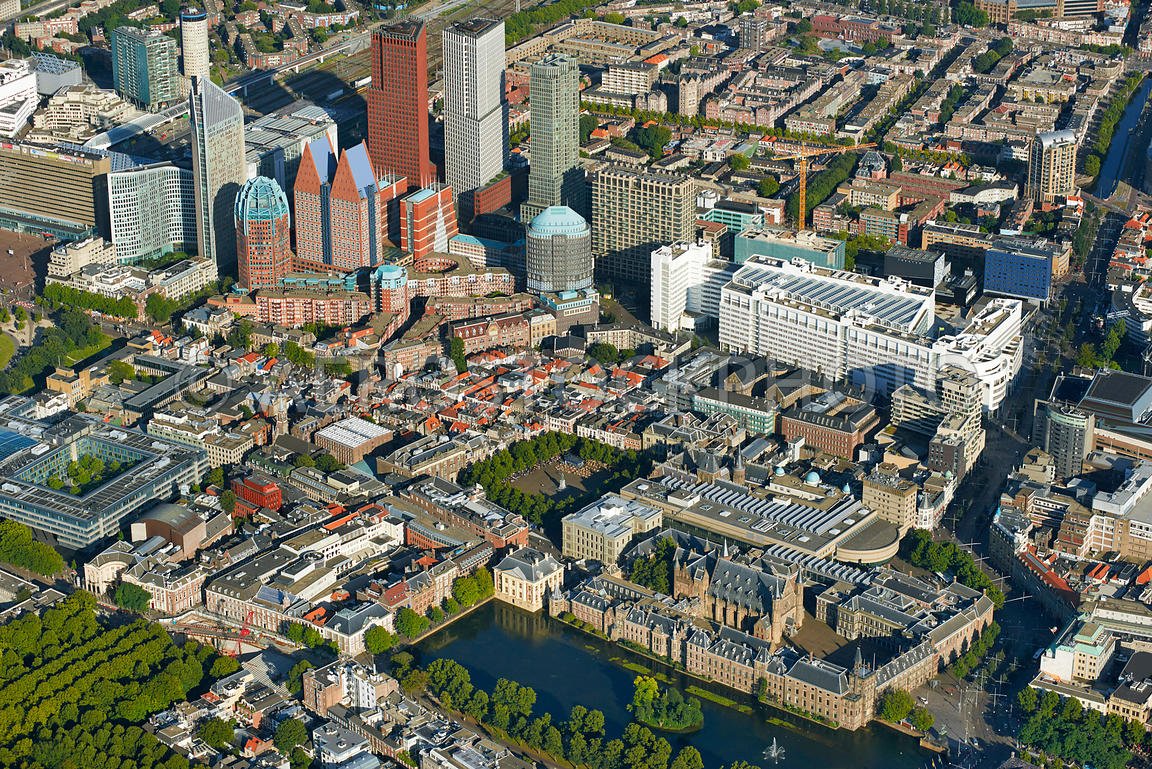The goal of this project is to develop and implement effective biomimicry solutions for reducing heat in the city of The Hague, with the aim of improving the comfort and well-being of residents, mitigating the urban heat island effect, and promoting sustainable urban design.
Duration
5 Months
Skills Used:
Planning
Research
Sketching
Auto CAD
Prototyping
Testing
Additive Manufacturing
Client
The Hague’s Urban Heat Island
The Hague's development has led to an expanding Urban Heat Island, causing health (exhaustion, dehydration, heatstroke), economic (weakened workforce), and environmental (excessive energy consumption) issues. Existing solutions fall short, and with climate change, the problems could worsen. To address this, we must analyze current infrastructure, identify associated problems, and draw inspiration from nature's adaptive mechanisms to combat extreme heat.
Research on Organisms to mimic in our Design
Biomimicry is a concept where humans take inspiration from nature to solve problems or create designs. It involves imitating or mimicking biological processes, structures, or systems found in the natural world to develop innovative and sustainable solutions for various human challenges.
How was biomimicry used in this project?
Pigeon- Use excess fibres to prevent heat from leaving the body and cold from entering the body
Whales- Thick layers of fat (oil) which they use to protect themself from the temperature
Polar Bear- Our base organism. Polar bear fur uses compartmentalization to prevent rapid temperature change
Cactus- Has a peak and trough shape to provide itself with shading to protect from sunlight
Turquoise- Have compartments in their shell which have either very high pressure or very low pressure to prevent extreme temperatures from affecting it
The transition from conceptual designs to physical prototypes showcased the testing and iteration process that was used to refine and improve the product. This section highlights the importance of prototyping in the design and development process, allowing for hands-on testing and feedback to refine the final product.
Designing and Ideating
UNDER CONSTRUCTION
Incorporating Biomimicry
UNDER CONSTRUCTION
Testing and Prototyping
UNDER CONSTRUCTION
Display Model
UNDER CONSTRUCTION
Application and Use Cases












